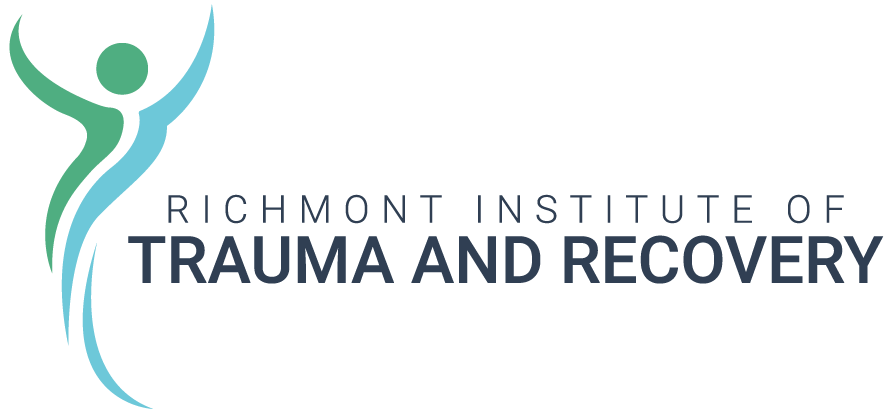Article by
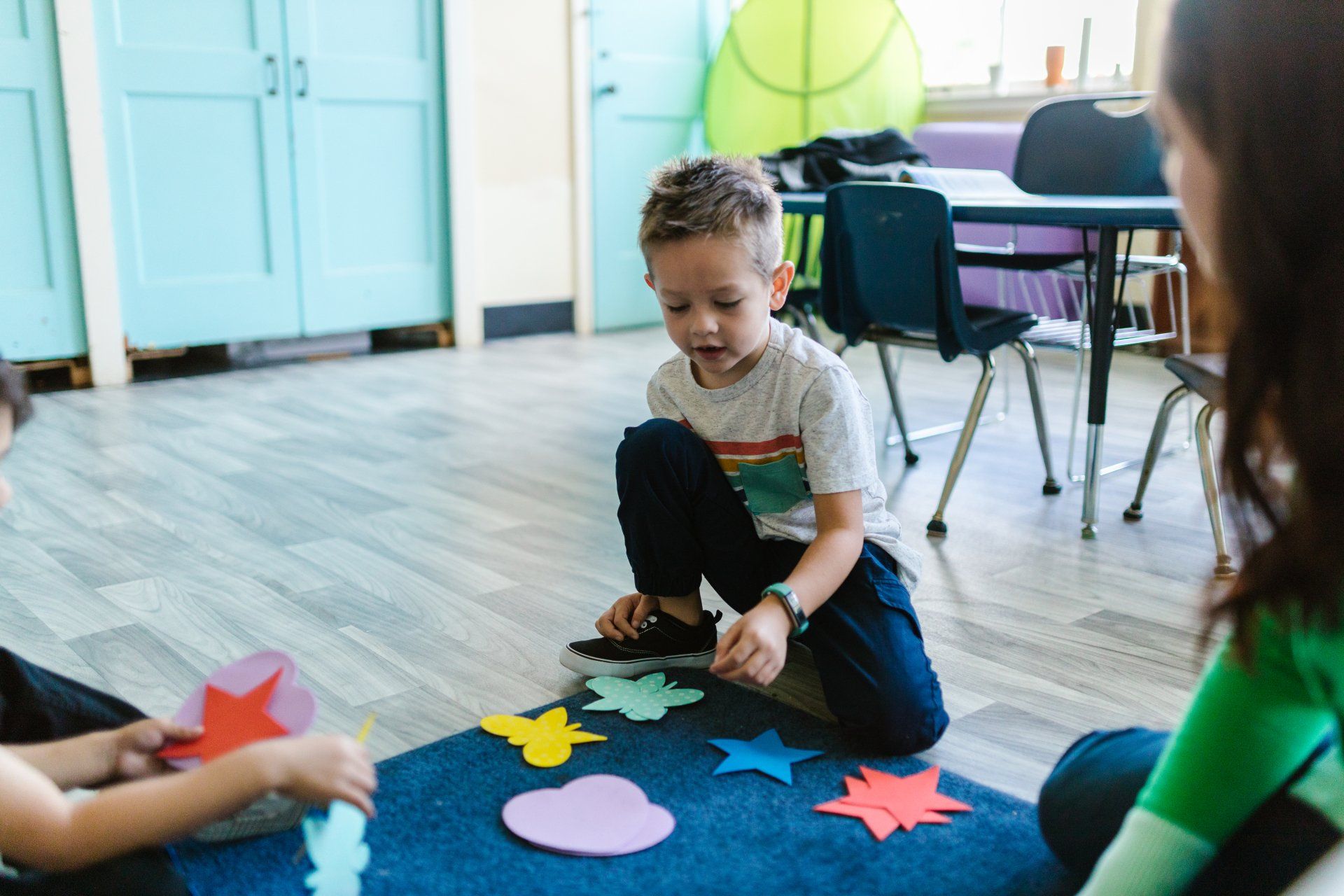
As parents, we want to protect our children. The thought of seeing your young child struggle with mental health issues can be quite distressing. If your child is facing challenges, you don't have to wait until they're older to address the issue. Play therapy may be the answer you've been searching for.
Play therapy is effective in treating a variety of mental health issues and behavioral disorders. Typically, professionals use it for children between the ages of three and twelve. However, some clinicians may find it useful with teens and even adults. After all, there is value in play, regardless of your age.
In this article, you'll learn about play therapy and how (and why) it works.
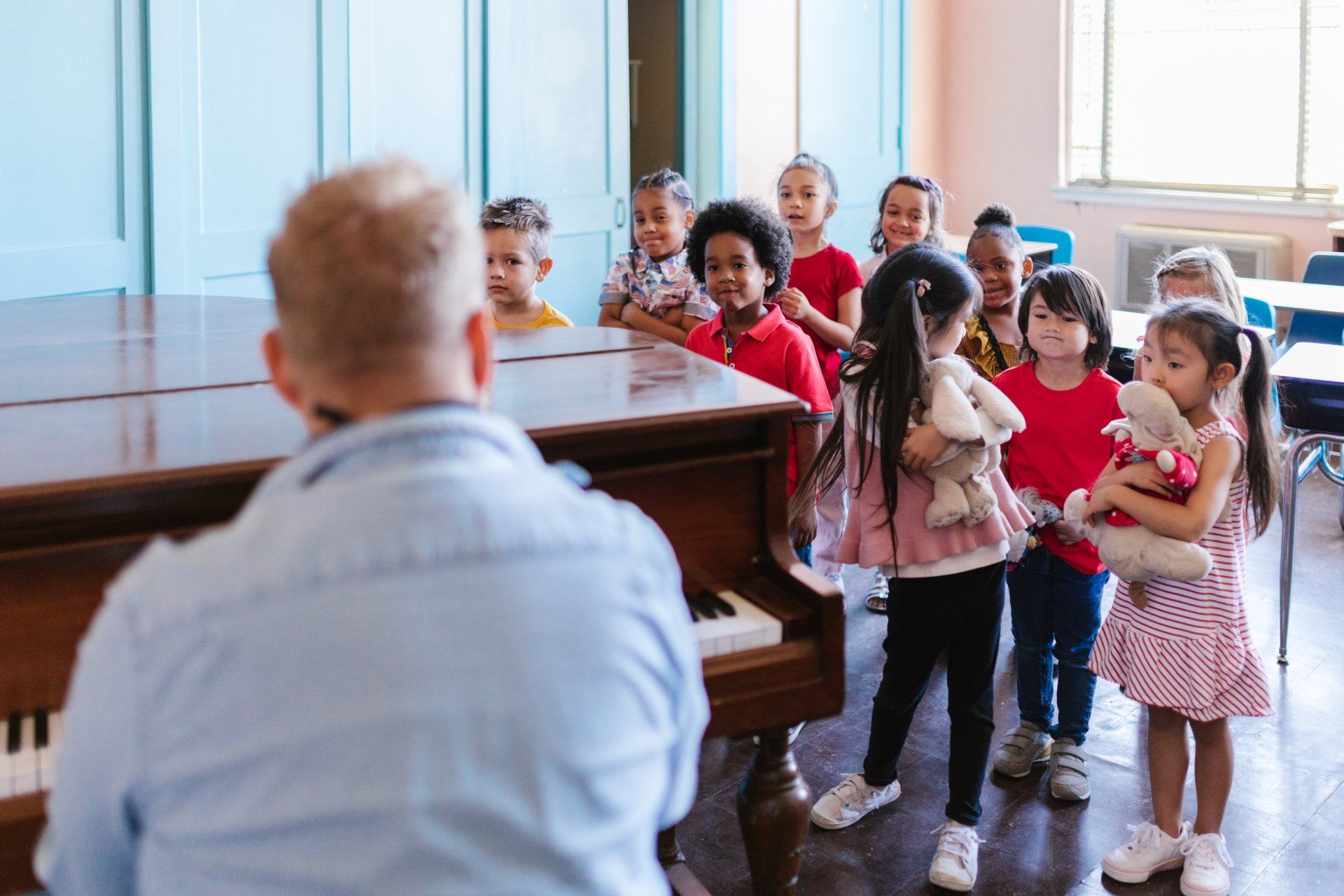
What is play therapy?
It's hard enough for adults to process or articulate their emotions, but for children, it may not be possible. However, they can receive help long before they're old enough to ask for it. Play therapy is a form of therapy that uses children's natural language of play to heal. It can help children identify and process their emotions and acquire coping and problem-solving skills. Likewise, it can help address behavioral issues, work through grief, or reduce anxiety.
There are many circumstances in which play therapy can be beneficial. Some examples include:
- divorce or separation
- grieving the loss of a loved one
- natural disasters or other traumatic situations
- abuse and neglect
- aggressive or problematic behaviors
- living with anxiety, depression
You may find a variety of toys in a play therapy room. Examples can include:
- action figures and dolls
- animal or people figurines
- stuffed animals
- pretend kitchen/food
- puppets
- masks
- building blocks
- art and craft supplies
- water or sand trays
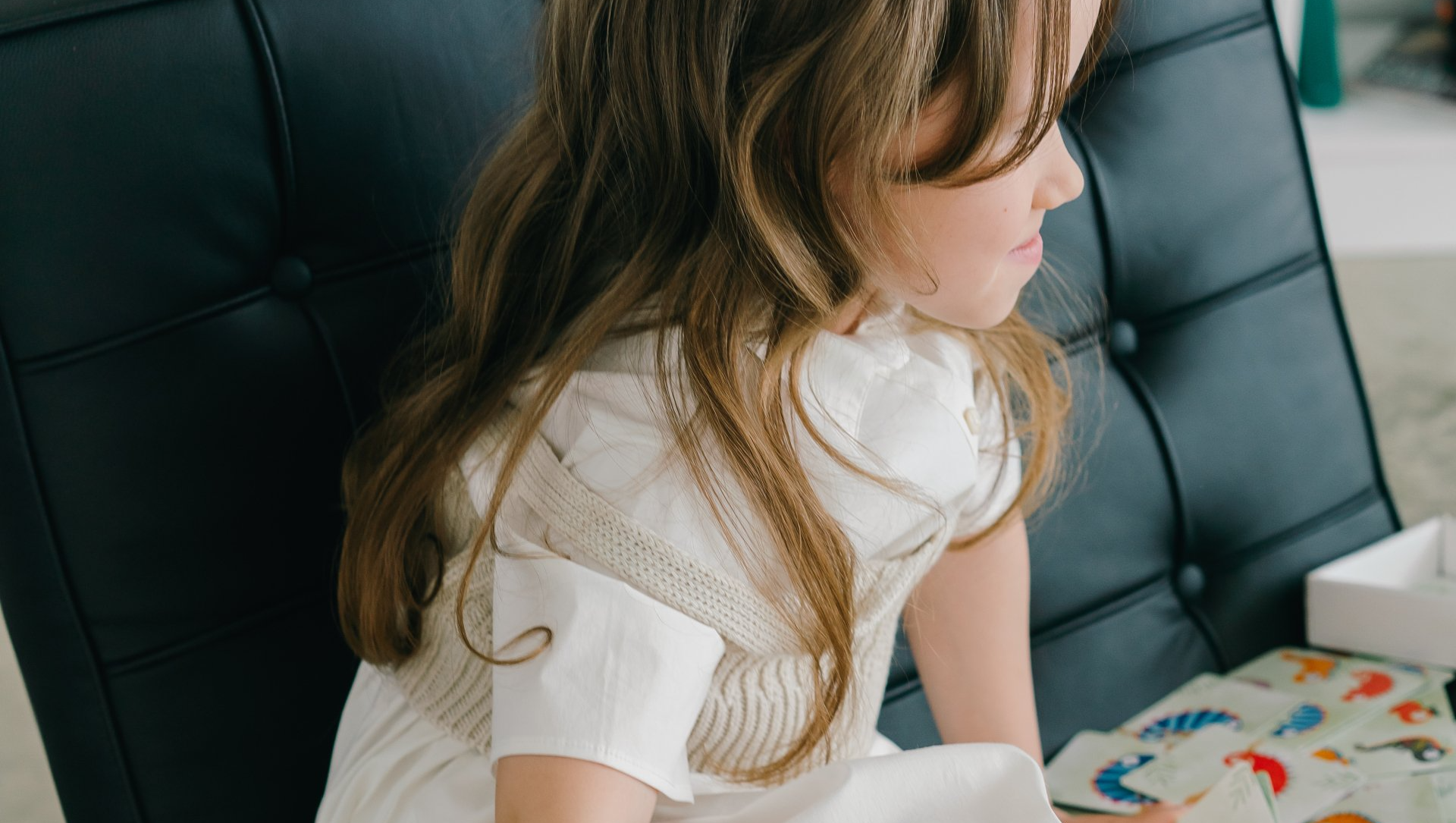
Why is play therapy useful in helping children?
Play is a child's natural language. As a result, play therapy is useful because children can display and work through their issues before they have the verbal skills to do so. Children can express themselves through play. Hence, through play therapy, they can resolve matters in an environment that feels safe and fun. Furthermore, it can be an effective way to help children learn how to communicate better and develop empathy.
Are There Different Types of Play Therapy?
There are two main approaches in play therapy: non-directive (or child-centered) and directive.
Non-Directive (Child-Centered) Approach:
Simply put, during child-centered play therapy, children get to choose what they play with and how they spend their time playing. Likewise, they are not instructed on how or what to do. The idea is that children, when given the opportunity, are fully capable of finding solutions to their problems, and they do. The therapist's role is to observe and, if invited, play along as the child directs them to.
Directive Approach:
Just as it sounds, the directive approach is the opposite of the non-directive approach. Sessions begin with a specific goal or topic to address. The therapist's role is more direct. Therefore, sessions may begin with a specific goal or topic to address. There may also be certain toys to play with or game to play. For example, the therapist could give your child some puppets and ask them to come up with ways to address the issue at hand.
Aside from the two approaches, there are many types of play therapy. The form your therapist chooses can vary from session to session. Likewise, it's dependent upon the child, the situation, and the overall goal for both the parents and children.
For example, one week your child may do a sand tray. Then, the next week they may be given a specific toy and asked to help the toy stand up to its bully. Likewise, sessions may be geared toward learning new ways to handle situations if your child has aggressive behaviors to overcome. There may also be sessions where you are invited to join in on the play.
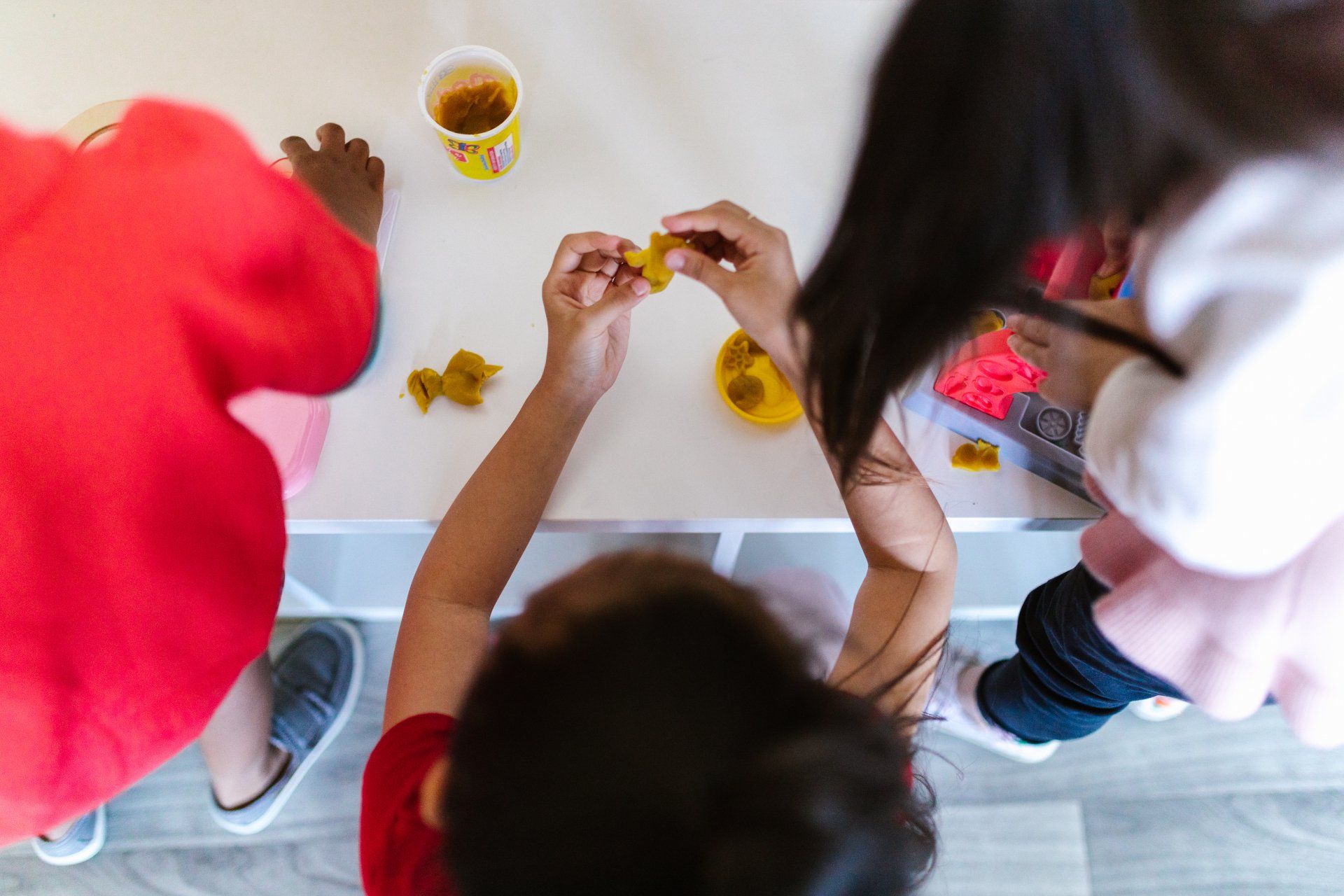
I want to learn more about play therapy.
If you're curious to learn more or want to find a clinic for your child, you've come to the right place. At the Richmont University Clinic, we offer play therapy. Likewise, we train our therapists to help children use the power of play to heal. Visit our website or call us today to learn more.


